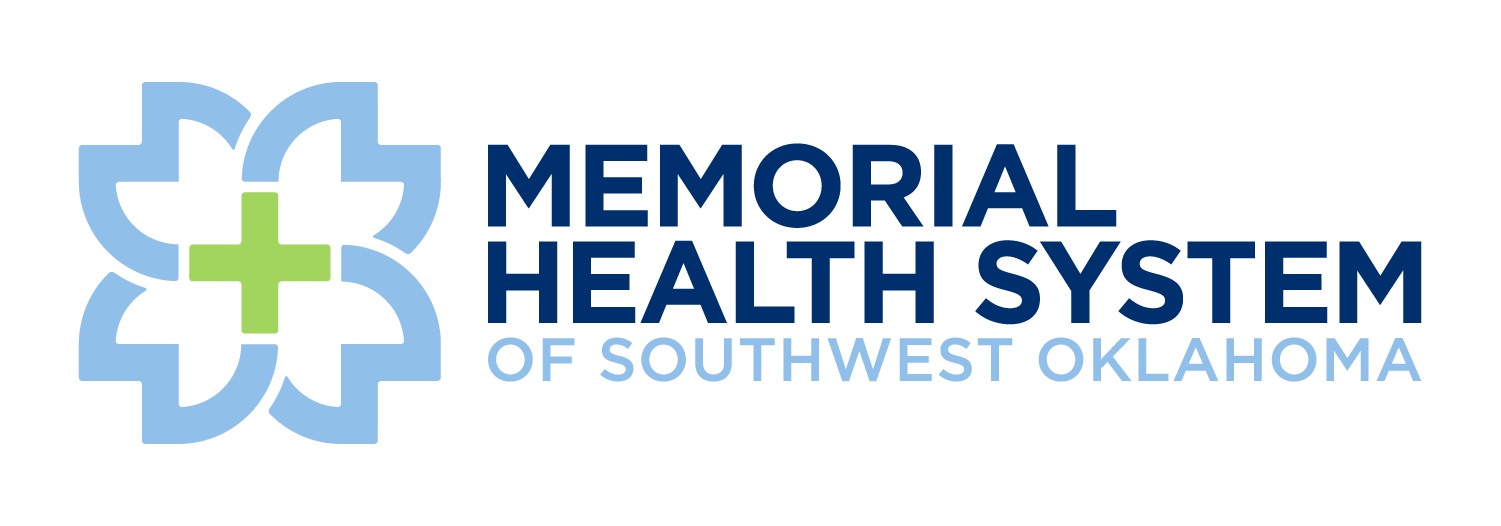Americans celebrate National Handwashing Awareness week on December 1-7 this year. This week is a time for spreading awareness, not germs, about the importance of washing hands.
During this time of COVIS 19, it’s more important than ever to realize the importance of good hygiene and keeping our hands clean in a way to prevent germs. It also helps prevent the spread of disease. Read more about how hand washing can help prevent certain diseases and promote good healthy habits.
5 Fun Facts about Hand Hygiene
- Handwashing equals happiness
According to the CDC, hand washing can prevent 1 in 3 diarrhea-related illnesses and 1 in 5 infections, including the flu. - Beware the twin killers for kids
About 1.4 million children under age 5 die from diarrheal diseases and pneumonia — the two most deadly afflictions for children worldwide. - The dirty secret of public restrooms
The CDC also reports that only 31 percent of men and 65 percent of women washed their hands after using a public restroom. - Handwash your way to health
Using antibiotics creates antibiotic resistance. Hand washing prevents many sicknesses, so people need less antibiotics. Therefore, less antibiotic resistance. - Sneezes are mini hurricanes
A typical human sneeze exits the body at about 200 miles per hour and emits around 40,000 droplets into the air.
How germs get onto hands and make people sick
Germs can get onto hands if people touch any object that has germs on it. It may be because someone coughed or sneezed on it or it was touched by some other contaminated object. When these germs get onto hands and are not washed off, they can be passed from person to person and make people sick.
Fecal germs can get onto hands after people use the toilet or change a diaper. They also appear in less obvious ways, like after handling raw meats that have invisible amounts of animal poop on them. A single gram of human feces—which is about the weight of a paper clip—can contain one trillion germs.
Handwashing Facts and Stats
- On average, you come into contact with 300 surfaces every 30 minutes, exposing you to 840,000 germs.
- Only about 5% of people wash their hands correctly.
- Most people only wash their hands for 6 seconds.
- Around 33% of people don’t use soap when washing their hands.
- Up to 80% of communicable diseases are transferred by touch.
- Failing to wash hands correctly contributes to nearly 50% of all foodborne illness outbreaks.
- Only 20% of people wash their hands before preparing food, and 39% before eating food.
- About 7% of women and 15% of men do not wash their hands at all after using the bathroom.
- Most bacteria on our hands is on the fingertips and under the nails.
- Damp hands are 1,000x more likely to spread bacteria than dry hands.
- There is fecal matter on 10% of credit cards, and 16% of cellphones.
- Elevator buttons harbor 22% more bacteria than toilet seats.
Be sure to keep up with preventative visits with your family care physician and check on physical and mental health concerns. If you believe you or a loved one contracted COVID 19, visit our resources page to learn about current restrictions and guidelines for care.
Disclaimer:
The Comanche County Memorial Hospital website does not provide specific medical advice for individual cases. Comanche County Memorial Hospital does not endorse any services obtained through information provided on this site, articles on the site or any links on this site.
Use of the information obtained by the Comanche County Memorial Hospital website does not replace medical advice given by a qualified medical provider to meet the medical needs of our readers or others.
While content is frequently updated, medical information changes quickly. Information may be out of date, and/or contain inaccuracies or typographical errors. For questions or concerns, please contact us at contact@ccmhhealth.com.
Sources:
https://www.cdc.gov/handwashing/why-handwashing.html
https://allportablesinks.com/blogs/news/17-handwashing-facts-and-statistics
https://nationaltoday.com/national-handwashing-awareness-week/

